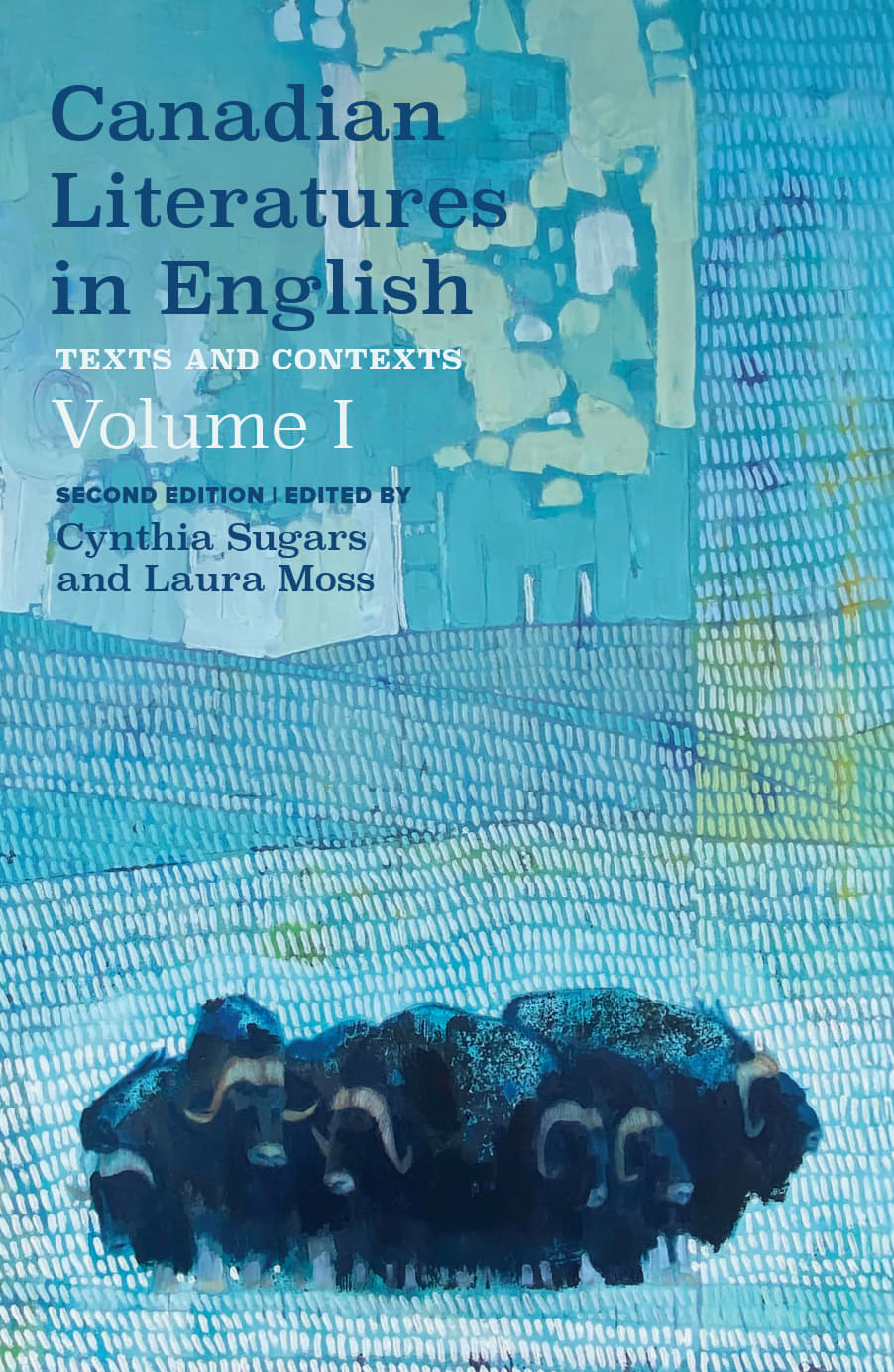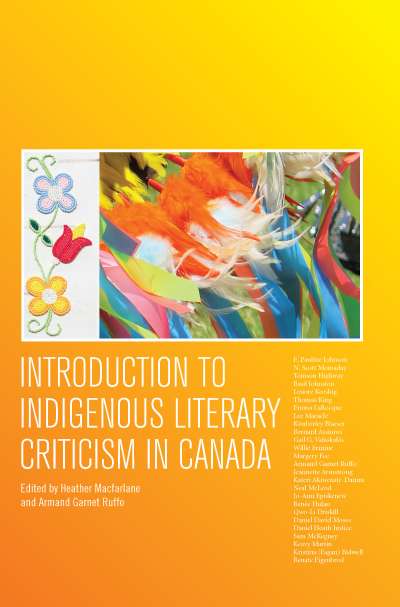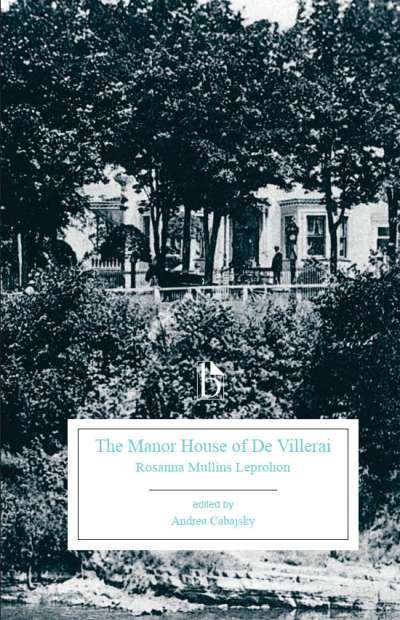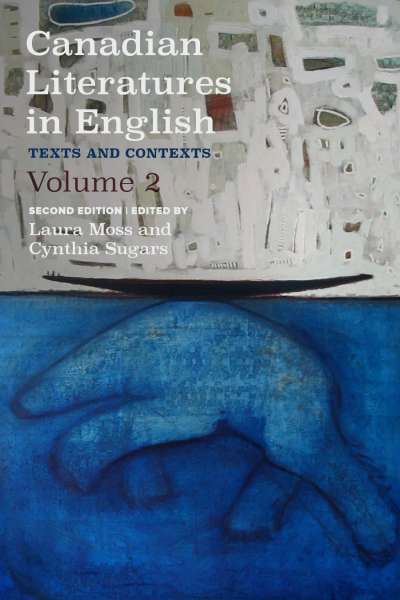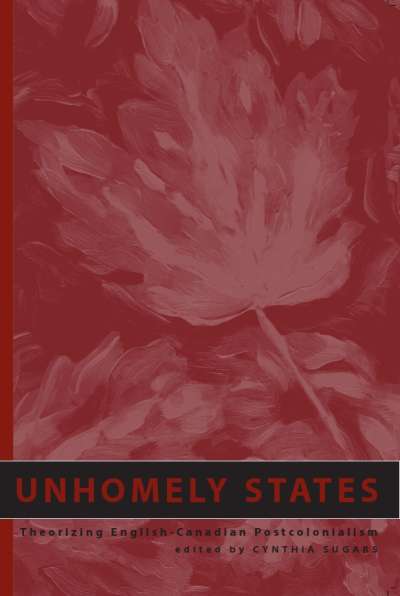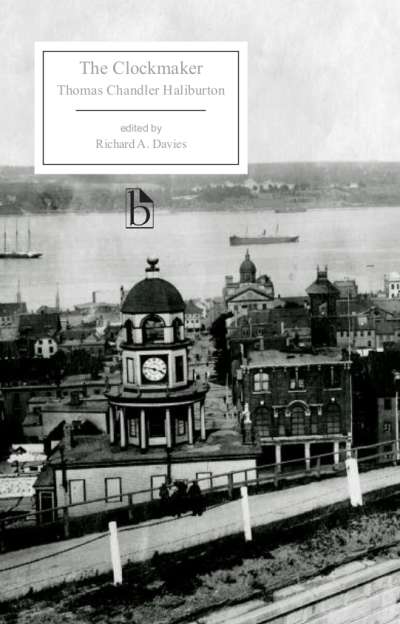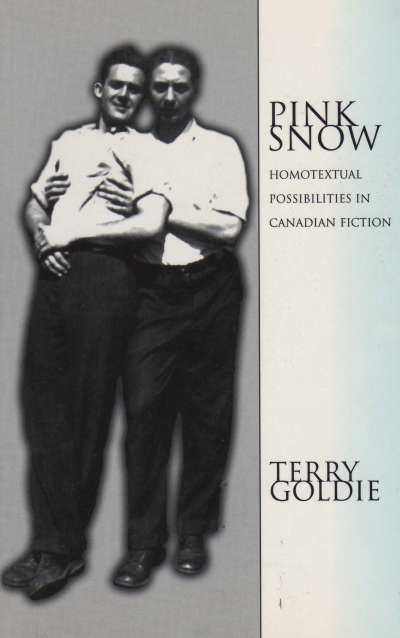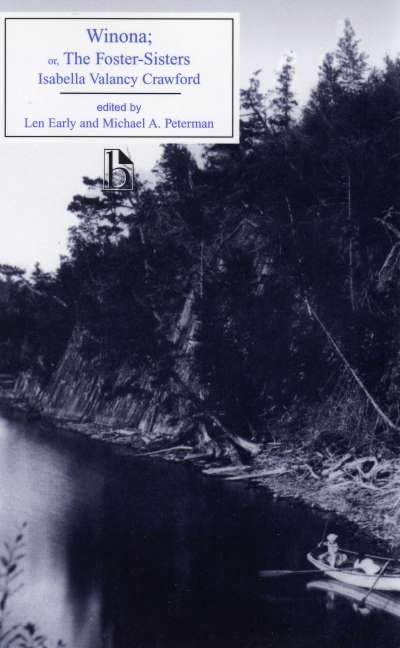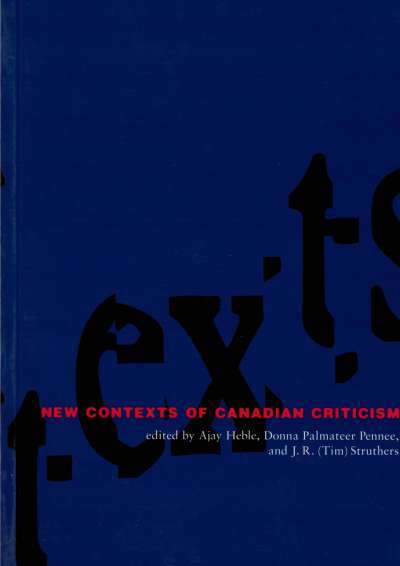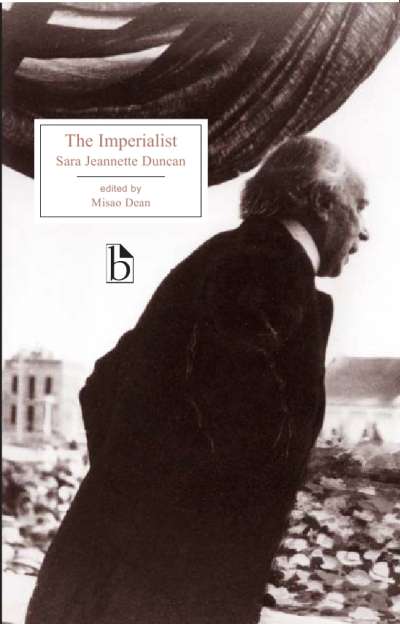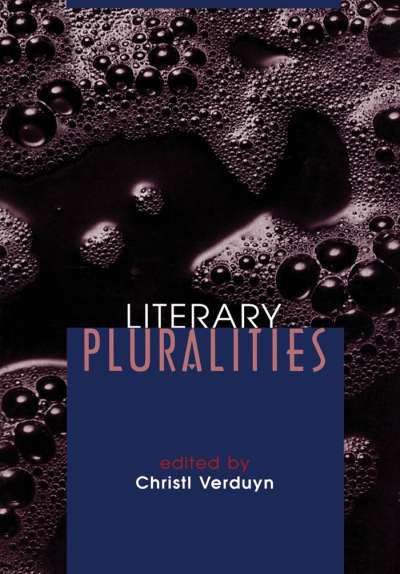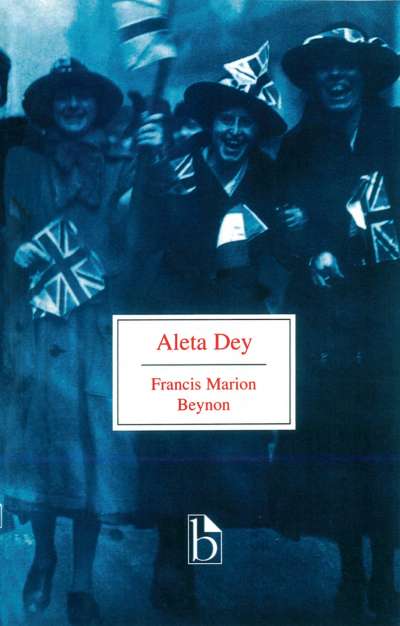The second edition of Volume 2 of Canadian Literatures in English, which begins with Emily Carr and modernism, will be published in Spring 2026.
Canadian Literatures in English reflects the editors’ commitment to historical contextualization, cultural inclusion, and a nuanced understanding of critical debates over the long literary history of what is now Canada. The second edition has been updated throughout to include recent scholarship and fresh literary works. New to the second edition are works by Catharine Parr Traill, Edith Maude Eaton, L.M. Montgomery, Marjorie Pickthall, and others.
Comments
“As Canada—its histories, cultures, literatures, values, identities, and viability—is once again explored and debated with renewed intensity and urgency, this revised and updated anthology, edited by two eminent scholars, is a timely, welcome event. In this unique collection, well-known and previously too-little-known writers appear alongside maps, posters, paintings, journalism, legislation, and more, allowing texts and contexts to achieve a rich dialogue. Outstanding headnotes and footnotes guide and inform the reader expertly at every stage.” — Adam Carter, University of Lethbridge
“This highly anticipated second edition of Canadian Literatures in English, Volume I, is a thrilling compendium of early Canadian writing and storytelling in all its provocative, mind-bending variety. Accessible yet thorough introductions relay the complex history that the peoples of Canada have lived through and contemporary Canadians continue to confront. The topics the editors address, the range of voices they include, and the debates they highlight explain why this literature is as exciting today as at the times of its creation.” — Shelley Hulan, University of Waterloo
“The texts gathered in this anthology usher us into the recognition of the incomplete work of early Canada. Sugars and Moss do a remarkable job of expanding the literary archives of the nation; the contextual essays that frame each entry are attentive to the shifting conversations in the field and do beautiful work of both situating the authors and showing the intertextual and interdisciplinary project of Canadian literature. This anthology is a gift to students and teachers of Canadian writing; it invites all of us to grapple with the complex ongoing formation of the nation. I look forward to learning with it for years to come.” — Phanuel Antwi, University of British Columbia
SECTION I: Narratives of Encounter
INTRODUCTION: WHO/WHAT/WHERE IS HERE?
Figures for Section I
- I-1. Canada’s continental watersheds
- I-2. Map of Canada Prior to European Contact
- I-3. World Map (woodcut, c. 1532), Hans Holbein the Younger (1497–1543)
- I-4. “Amerigo Vespucci Discovering America” (engraving, c. 1575/1580), Jan van der Straet (1523–1605)
- I-5. The 500 Years of Indigenous Resistance (cover image, 2021), Gord Hill (Kwakwaka’wakw) (1968–)
- I-6. “Battle with the Iroquois” (engraving, Voyages 1613), Samuel de Champlain (1570–1635)
- I-7. Historiæ canadensis, seu Novae-Franciae (engraving, 1664), François Du Creux (1596–1666)
- I-8. Hudson’s Bay Company Coat of Arms, 1756 and 1962
- I-9. Routes of Explorers, 1534 to 1808
- I-10. “View of Prince of Wales’s Fort” (engraving, 1777), Samuel Hearne (1745–92)
Jacques Cartier (1491–1557)
From The Voyages of Jacques Cartier
- Cartier’s First Encounter with Indigenous Peoples in Chaleur Bay (First Voyage, 1534)
- Capture of Donnacona’s Sons (First Voyage, 1534)
- Meeting with Donnacona’s People (Second Voyage, 1535)
- Visit to Hochelaga (Montreal) (Second Voyage, 1535)
- Attack of Scurvy (Second Voyage, 1535–36)
- Kidnapping of Donnacona (Second Voyage, 1536)
Samuel de Champlain (1570–1635)
From Voyages
- Settlement of Quebec (1608)
- War Against the Iroquois (1609)
The Jesuit Relations (1632–78/79)
From The Jesuit Relations
- Relation of What Occurred Among the Hurons (1635) (Jean de Brébeuf)
- What the Hurons Think About Their Origin (1636) (Jean de Brébeuf)
George Cartwright (1739–1819)
From Journal of Transactions and Events
- Contact with the Labrador Inuit (1771–72)
- Journey to England with an Inuit family (1772)
- Smallpox and the Return to Labrador (1773)
Samuel Hearne (1745–92)
From A Journey from Prince of Wales’s Fort in Hudson’s Bay to the Northern Ocean
- Orders and Instructions from the Hudson’s Bay Company (1769)
- Hardships Endured While Travelling (Second Expedition, 1770)
- Effect of Trade on the Natives (Third Expedition, 1771)
- Massacre of the Esquimaux (Third Expedition, 1771)
David Thompson (1770–1857)
From Narrative of His Explorations in Western America, 1784–1812
- The Fur Trade (1786)
- Nahathaway Customs and Beliefs (1792–1806)
John Franklin (1786–1847)
From Narrative of a Journey to the Shores of the Polar Sea, 1819–1822
- Inuit Testimony of the 1845 Franklin Expedition (1921, 1869, 1875)
- Discovery of an Abandoned Ship (Qaqortingneq)
- Meeting with “Aglooka” on the Ice (Tuk-ke-ta and Ow-wer)
- Finding of a Lifeboat with Skeletons (Tooktoocheer)
Anonymous (mid- to late-1800s)
SECTION II: Narratives of Emigration, Settlement, and Invasion
INTRODUCTION: CANADA AS HOME
Figures for Section II
- II-1. British North America in 1791, Following the Constitutional Act
- II-2. Map of Canada, Following the 1840 Act of Union, Which Joined Upper and Lower Canada (1849)
- II-3. The Death of General Wolfe (oil on canvas, 1770), Benjamin West (1738–1820)
- II-4. O-ween du muh waun (We Were Told) (oil on canvas triptych, 2017), Robert Houle (Anishinaabe, 1947–)
- II-5. Bedford Basin near Halifax (watercolour, 1835), Robert Petley (1812–69)
- II-6. “The Emigrant’s Welcome to Canada”
- II-7. “Here and There; Or, Emigration a Remedy”
- II-8. Settler’s Log House (oil on canvas, 1856), Cornelius Krieghoff (1815–72)
- II-9. A Cross-Written Letter from Susanna Moodie to Catharine Parr Traill
- II-10. Past, Canada, Present (frontispiece, Roughing It in the Bush, 1871 edition), Susanna Moodie (1803–85)
Anonymous (1786)
Joseph Brant (Thayendanegea) (1742–1807)
Boston King (1760–1802)
From Memoirs of the Life of Boston King
Oliver Goldsmith (1794–1861)
Thomas Chandler Haliburton (1796–1865)
From The Clockmaker
- The Trotting Horse
- The Clockmaker
Catharine Parr Traill (1802–99)
From The Backwoods of Canada
- Introduction
- Letter 15
- Maple-Sugar
- Candles
- The English Sparrow: A Defense
Susanna Moodie (1803–85)
From Roughing It in the Bush
- Introduction
- A Visit to Grosse Isle
- Our First Settlement
- Brian, the Still-Hunter
- Adieu to the Woods
- Forest Life in Canada West, Review from Blackwood’s Edinburgh Magazine
From Life in the Clearings versus the Bush
George Henry (Maungwudaus) (c. 1811–unknown)
From An Account of the Chippewa Indians
George Copway (Kah-ge-ga-gah-bowh) (1818–69)
From Life, History and Travels of Kah-ge-ga-gah-bowh
Mary Ann Shadd (1823–93)
From A Plea for Emigration
- Introductory Remarks
- The Canadas—Climate, etc.
- Labor—Trades
- Settlements—Dawn—Elgin
- Political Rights—Election Law—The Oath
- The Thirty Thousand Colored Freemen of Canada
- Recapitulation
SECTION III: Post-Confederation Period
INTRODUCTION: A NEW NATIONALITY
Figures for Section III
- III-1. Map of Canada in 1867, Following Confederation
- III-2. Map of Canada in 1870, Following the Acquisition of Rupert’s Land and the Formation of Manitoba
- III-3. The Fathers of Confederation (oil painting, 1883–84), Robert Harris (1849–1919)
- III-4. The Daddies (acrylic painting, 2016), Kent Monkman (Cree 1965–)
- III-5. “Child Canada Takes Her First Step” (1870)
- III-6. Bonsecours Market, Montreal (oil painting, 1880), William Raphael (1833–1925)
- III-7. “What It Must Come To” (1885)
- III-8. The Last Spike (1885)
- III-9. Workers’ Photograph of the “Last Spike” Ceremony (1885)
- III-10. “The Golden Northwest” (poster, 1883)
- III-11. “Around the World by the Canadian Pacific Route” (timetable, 1893)
- III-12. “Resorts in the Rockies” (menu cover, 1920s)
- III-13. “Indian Days, Banff” (poster, 1925)
- III-14. “We Hold a Vaster Empire than Has Been” (1898)
- III-15. Buffalo bones ready for loading on Canadian Pacific Railway boxcar, Moose Jaw, Saskatchewan (c. 1887–89)
- III-16. Sunrise on the Saguenay, Cape Trinity (oil on canvas, 1880), Lucius O’Brien (1832–99)
- III-17. Publicity Photograph of Pauline Johnson in Her Performance Costume, late 1892
- III-18. Pauline Johnson in English Dinner Dress, 1897
- III-19. Duncan Campbell Scott in a Treaty Canoe, 1905
The British North America Act (1867)
- From The British North America Act, 1867
Thomas D’Arcy McGee (1825–1868)
- Protection for Canadian Literature
Agnes Maule Machar (1837–1927)
- The New Ideal of Womanhood
- Quebec to Ontario, A Plea for the Life of Riel, September, 1885
Alexander Muir (1830–1906)
The Indian Act (1876, 1927)
- From The Indian Act (1876)
- From The Indian Act (revised statutes, 1927)
O Canada! (1880, 1908)
- Chant National (Adolphe-Basile Routhier)
- O Canada! (Department of Canadian Heritage)
- O Canada! (Robert Stanley Weir)
- O Canada! (Official Lyrics)
Louis Riel (1844–85)
The Chinese Immigration Act (1885)
- From An Act to Restrict and Regulate Chinese Immigration into Canada
Isabella Valancy Crawford (1850–87)
- The City Tree
- The Camp of Souls
- Canada to England
Charles G.D. Roberts (1860–1943)
- The Tantramar Revisited
- The Cow Pasture
- The Mowing
- The Winter Fields
- The Flight of the Geese
- Going Over (The Somme, 1917)
- The Poetry of Nature
- The Animal Story
- When Twilight Falls on the Stump Lots
Bliss Carman (1861–1929)
- Low Tide on Grand Pré
- Winter
- Wild Geese
Sara Jeannette Duncan (1861–1922)
- Woman’s World
- American Influence on Canadian Thought
- From A Social Departure: How Orthodocia and I Went Round the World by Ourselves
- The Heir Apparent
E. Pauline Johnson (Tekahionwake) (1861–1913)
- A Cry from an Indian Wife
- The Song My Paddle Sings
- His Majesty, the West Wind
- The Cattle Thief
- The Corn Husker
- Canadian Born
- Brant: A Memorial Ode
- A Strong Race Opinion: On the Indian Girl in Modern Fiction
- Fate of the Red Man: An English Journalist’s Chat with Pauline Johnson
- As It Was in the Beginning
Archibald Lampman (1861–99)
- Among the Timothy
- Outlook
- The Railway Station
- The City of the End of Things
- Winter Evening
- To a Millionaire
- The Modern Politician
- Two Canadian Poets: A Lecture
Duncan Campbell Scott (1862–1947)
- The Onondaga Madonna
- Night Hymns on Lake Nipigon
- Indian Place-Names
- The Last of the Indian Treaties
- In the Year 1806
Edith Maude Eaton (Sui Sin Far) (1865–1914)
- A Plea for the Chinaman: A Correspondent’s Argument in His Favor
- Its Wavering Image
SECTION IV: Early Twentieth Century
INTRODUCTION: CANADA ON THE WORLD STAGE
Figures for Section IV
- IV-1. Unofficial Coat of Arms (1904)
- IV-2. Official Canadian Coat of Arms (1921/1994)
- IV-3. Map of Canada in 1905
- IV-4. BC Saturday Sunset, 24 August 1907
- IV-5. Chinese Head Tax Certificate, 1913
- IV-6. The Canadian Emigration Office in London, England, July 1911
- IV-7. The Sun Is Setting on the British Empire (vinyl banner, 2017), Marianne Nicolson (Dzawada’enuxw) (1969–)
- IV-8. The Komagata Maru Incident (1914)
- IV-9. “Answering the Call” (1914)
- IV-10. “Signs of the Times” (1918)
- IV-11. Victory Loan Dominion Publicity Committee, 1918
Jessie Georgina Sime (1868–1958)
Stephen Leacock (1869–1944)
- The Marine Excursion of the Knights of Pythias
- The Woman Question
John McCrae (1872–1918)
- In Flanders Fields
- Letters
Deskaheh (Levi General or Hi-wyi-iss) (1873–1925)
Nellie McClung (1873–1951)
- From Purple Springs
- The Play
- Speaking of Women
L.M. Montgomery (1874–1942)
- The House Party at Smoky Island
Robert Service (1874–1958)
- The Cremation of Sam McGee
Marjorie Lowry Christie Pickthall (1883–1922)
Bibliography
Permissions and Image Credits
Index

